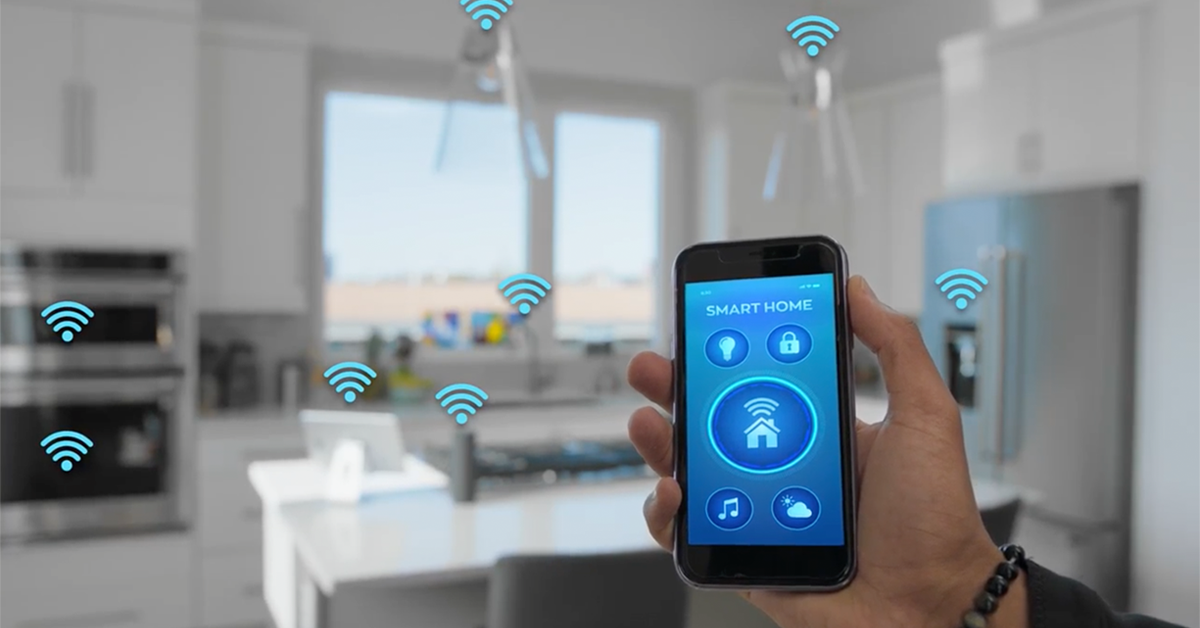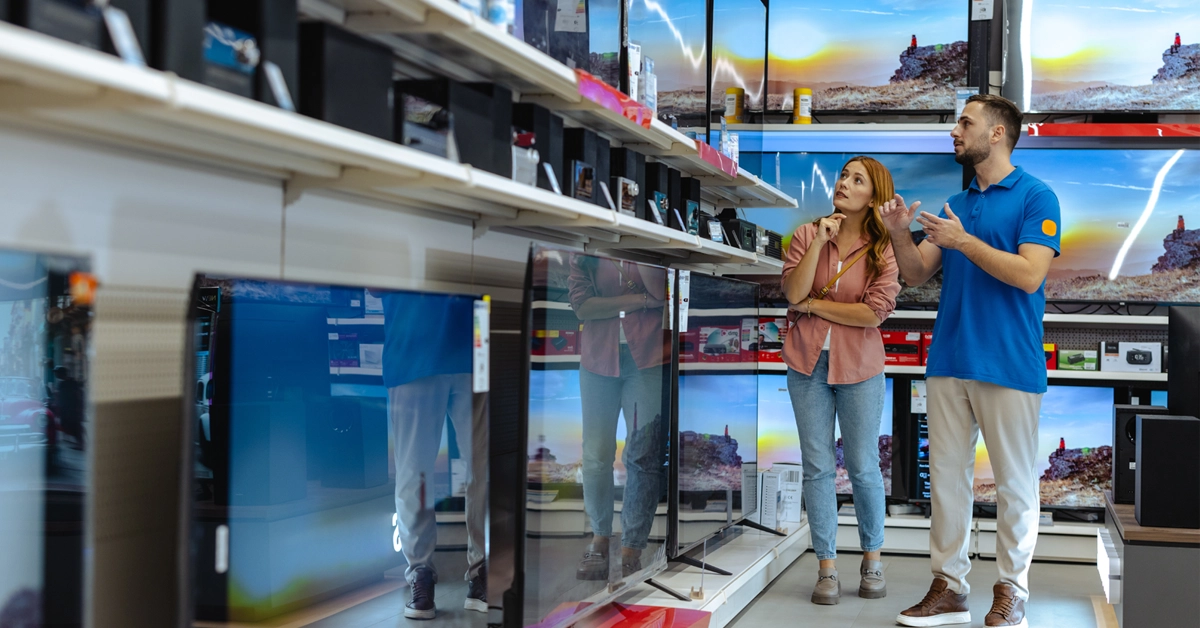Smart home cybersecurity: Are your renters in the know?
Rental properties can attract and retain residents by offering modern amenities such as high-speed Wi-Fi, smart home devices, security systems, and mobile property management apps.
Our research indicates that 56% of potential renters consider the availability of a connected ecosystem when choosing between similar communities.¹
However, this competitive edge can quickly diminish if renters encounter cybersecurity issues related to these advanced technologies. Since nearly 20% of renters admitted they’d want assistance when dealing with tech-related tasks, it’s important for property managers to recognize that connected living introduces its own unique cybersecurity challenges.¹
These challenges generally fall into three main categories.
Physical Security
A lack of knowledge about smart home cybersecurity and poorly secured devices can lead to serious risks, including theft, damage, or harm to tenants and guests.
Consider a smartphone-controlled door lock that gets hacked, allowing unauthorized individuals access to the community or a specific residence.
Cyberattacks can also compromise or disable surveillance, security, or fire-safety systems, leaving areas like property management offices, garages, gyms, and mail rooms vulnerable due to something as simple as a stolen password or PIN code.
Digital Privacy
Our smartphones, tablets, and laptops store a wealth of personal data that can be accessed when apps interact with smart home and other connected devices. While helpful notifications may prompt users to adjust security settings, even the most tech-savvy individuals can overlook important details.
In the wrong hands, this data can lead to fraudulent purchases or even identity theft, simply by connecting a payment method to a smart fridge or using the community app to pay rent.
Convenience
Often, the first sign of a potential cybersecurity issue is when a device or app behaves unexpectedly or stops working altogether. This could be due to malware or a virus, or it might involve being locked out of devices or apps, especially those that are remotely controlled.
While the risks may be less severe than those related to physical security or data privacy, these inconveniences can be frustrating for both property managers and residents. Resolving these issues often requires technical expertise that exceeds the capabilities of most maintenance staff.
To effectively address renters’ cybersecurity concerns, property managers should combine expert prevention with responsive solutions. Guide residents through the installation and setup of smart home features to prevent problems. Then, promptly address any troubleshooting or tech support needs to ensure minor issues don’t escalate.
Residents understand that technology isn’t flawless, and neither are its users. By taking a proactive approach to cybersecurity, property managers can help everyone enjoy the benefits of a connected, modern lifestyle without compromising resident satisfaction or loyalty.

The Maintenance Fix You Need to Win Over Renters
For more practical strategies to manage smart home and other residential technologies to enhance tenant satisfaction, download our ebook.
¹Assurant Personal TechPro℠ Research, 2024





